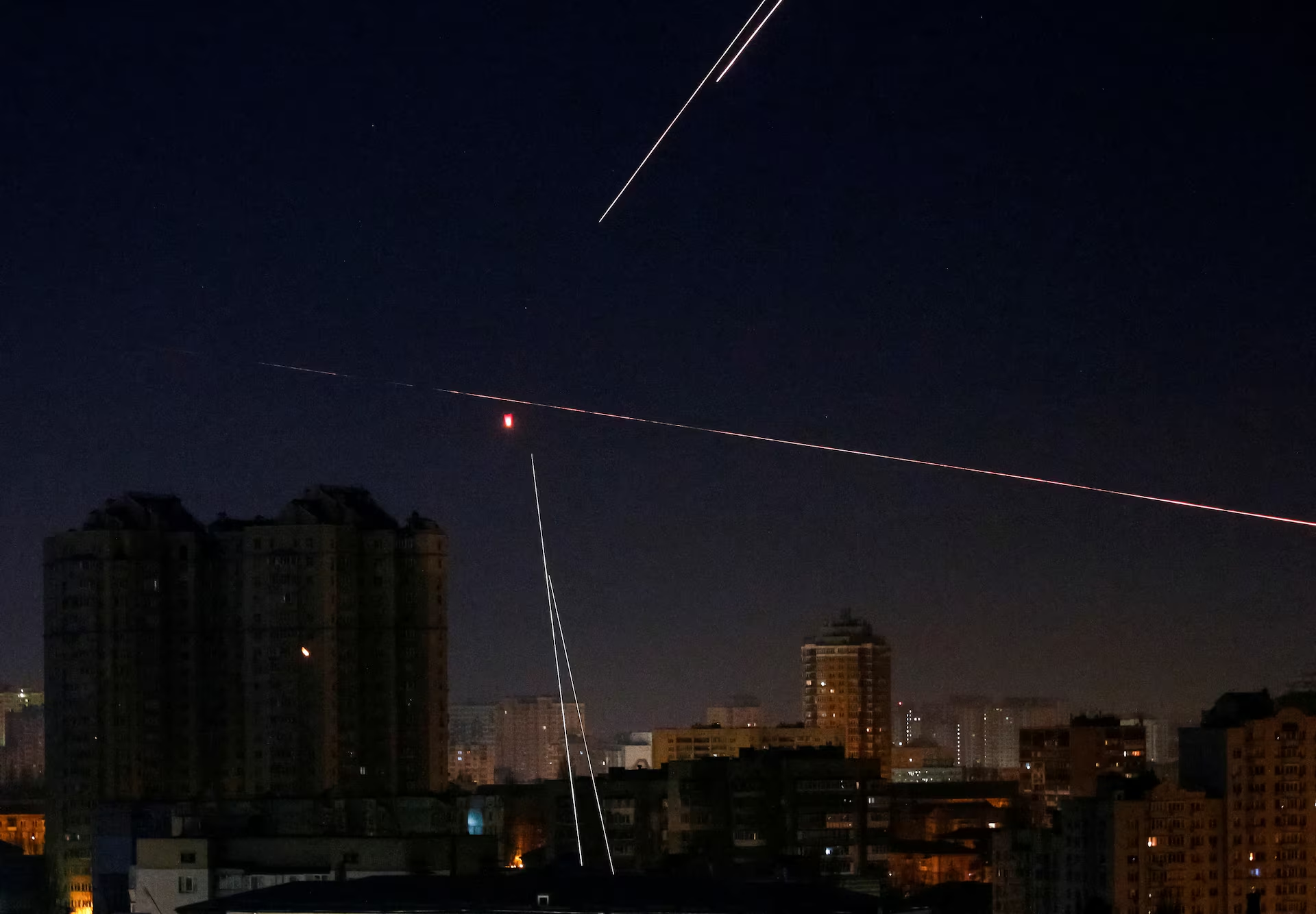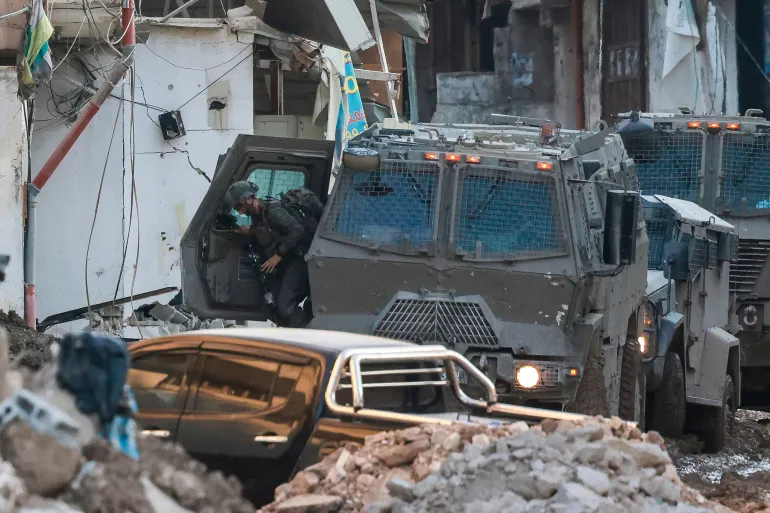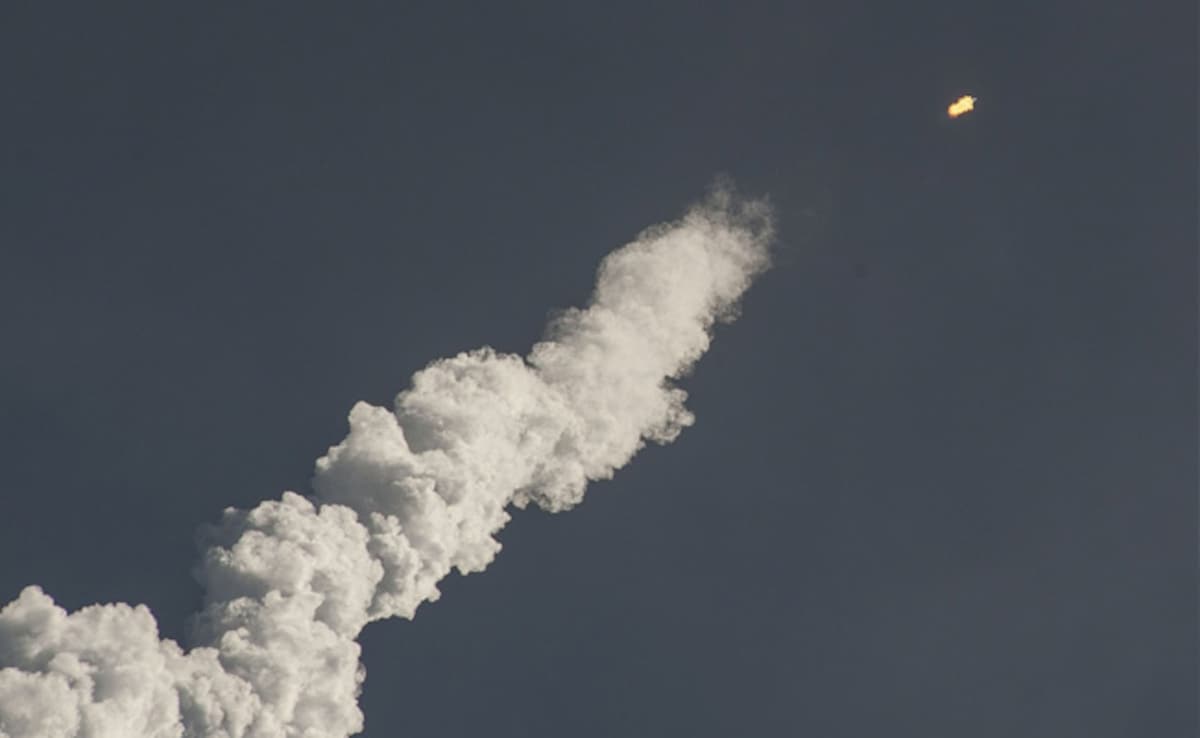Image Source – Reuters
* Their remarks were made as U.S. President Joe Biden considers whether to permit Ukraine to utilize American-supplied long-range weapons for strikes deep within Russian territory.
The head of NATO’s Military Committee asserted on Saturday that Ukraine holds a legitimate legal and military right to conduct strikes deep within Russian territory to gain a strategic edge in the ongoing conflict. This stance mirrors the views of several U.S. allies, even as the Biden administration remains hesitant to allow Kyiv to carry out such attacks using American-supplied weapons.
“Any nation under attack has the right to defend itself, and that right doesn’t end at its own borders,” stated Admiral Rob Bauer during the conclusion of the committee’s annual meeting. The event was also attended by U.S. General CQ Brown, Chairman of the Joint Chiefs of Staff.
Admiral Rob Bauer of the Netherlands emphasized that nations have the sovereign right to impose limitations on the weapons they supply to Ukraine. However, standing beside him at a press conference, Lieutenant General Karel Řehka, Chief of the Czech Armed Forces, made it clear that his country places no such restrictions on its military support to Kyiv.
“We believe the Ukrainians should decide for themselves how to use these weapons,” Řehka stated.
Their remarks come as U.S. President Joe Biden considers whether to authorize Ukraine to use American-provided long-range weapons for strikes deep into Russian territory, highlighting differing views among allies on the matter.
On Friday, U.S. President Joe Biden met with British Prime Minister Keir Starmer following a visit to Kyiv earlier in the week by their top diplomats, who faced renewed calls to ease restrictions on weapon use. According to U.S. officials familiar with the discussions, it is believed that Starmer sought Biden’s approval to allow Ukraine to use British-supplied Storm Shadow missiles for broader strikes within Russia.
Biden’s approval might be required because some components of the Storm Shadow missiles are manufactured in the U.S. Officials, speaking on the condition of anonymity to discuss private talks, indicated that they believe Biden may be open to the idea. However, no official decision has been made public yet.
A major focus of the NATO chiefs’ meeting was providing additional support and training for Ukraine, though it remained unclear on Saturday whether the issue of U.S. weapon restrictions had been addressed.
Many European nations have strongly backed Ukraine, partly out of concern that they could become the next target of a more assertive Russia.
At the meeting’s opening, Czech President Petr Pavel urged the military leaders in attendance to be bold and direct in their assessments and recommendations. “The more rounded and softened they are, the less they will be understood at the political level,” Pavel stated.
The speaker emphasized the importance of the Allies making the right choices and taking decisive action to safeguard both their nations and their way of life.
Military commanders frequently draft strategic plans and recommendations, which are then passed along to NATO’s civilian defense officials for review. These are subsequently brought before the alliance’s leaders for further deliberation.
While the U.S. permits Ukraine to utilize American-supplied weaponry in counterattacks against Russian forces, it has imposed certain restrictions. Notably, Ukraine is not authorized to launch long-range missiles, such as the ATACMS, deep into Russian territory. The U.S. maintains that Ukraine possesses drones capable of reaching distant targets and advises cautious use of ATACMS due to the limited supply available.
Ukraine has intensified its appeals to Washington to remove the restrictions, especially as winter approaches, heightening concerns that Russia may seize the advantage during the colder months.
“You want to weaken the enemy that is attacking you, not just to defend yourself from their strikes, but also to target the source,” Bauer explained. “In this case, the ‘archer’—often operating from within Russia—is launching attacks into Ukraine. From a military standpoint, it makes sense to disrupt that. You want to undermine the enemy’s supply lines, cutting off fuel and ammunition from reaching the front. That’s what you aim to stop, if at all possible.”
Brown, speaking to reporters accompanying him to the meeting, reaffirmed that the U.S. policy on long-range weapons remains unchanged.
However, he emphasized, “That said, our goal is still to ensure Ukraine’s success, regardless of the current policy. We aim to do this by continuing to provide the capabilities supplied by the U.S. and coalition partners, along with the weapons Kyiv has developed on its own.”
“They’ve shown remarkable effectiveness,” Brown noted, “especially in producing uncrewed aerial vehicles and drones.” His remarks came as he traveled to meetings in Europe.







